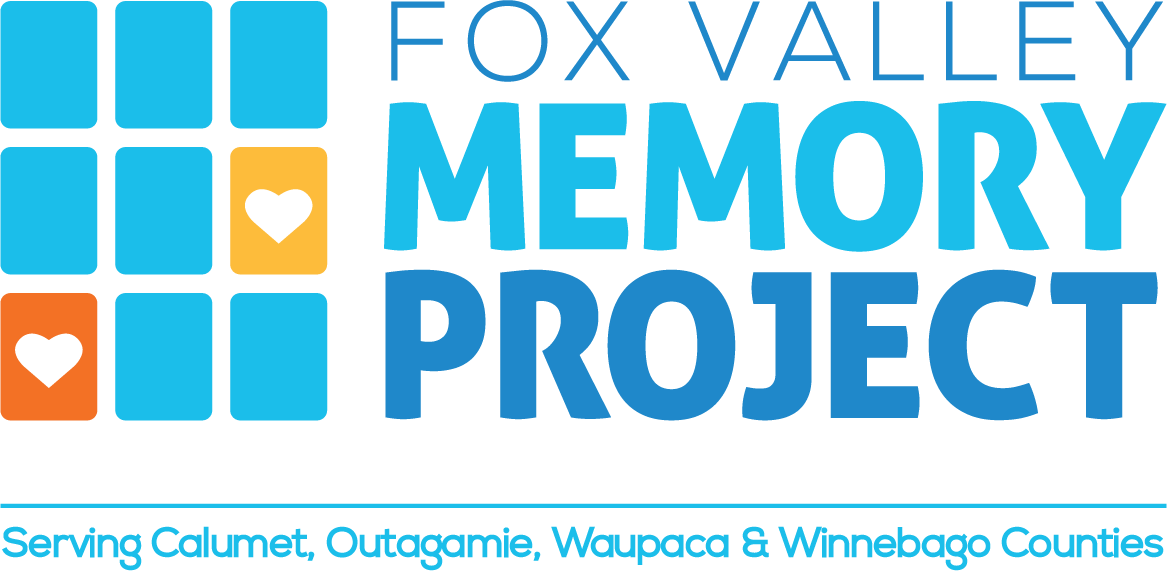Aging and IDD Program
Aging and Intellectual & Developmental Disabilities
The Aging & IDD Program is a program focused on bringing more resources and support to individuals with intellectual and developmental disabilities (IDD) as they age along with their care partners.
Program Components
Signs and Symptoms: Recognizing Dementia in Persons with IDD
Early Detection and Screening Tool
Dementia and IDD Training
Caregiver Support
Early screening for dementia is crucial for providing effective care to adults with IDD. Individuals with IDD face a similar risk of developing dementia as the general population, however, they are at a significantly higher risk of developing it much earlier. Once diagnosed, they tend to live longer with the disease, and their symptoms often differ from those seen in the general aging population, making timely detection and tailored care even more important.
Contact us at info@foxvalleymemoryproject.org or (920) 225-1711 to learn more about the Aging and IDD program.


